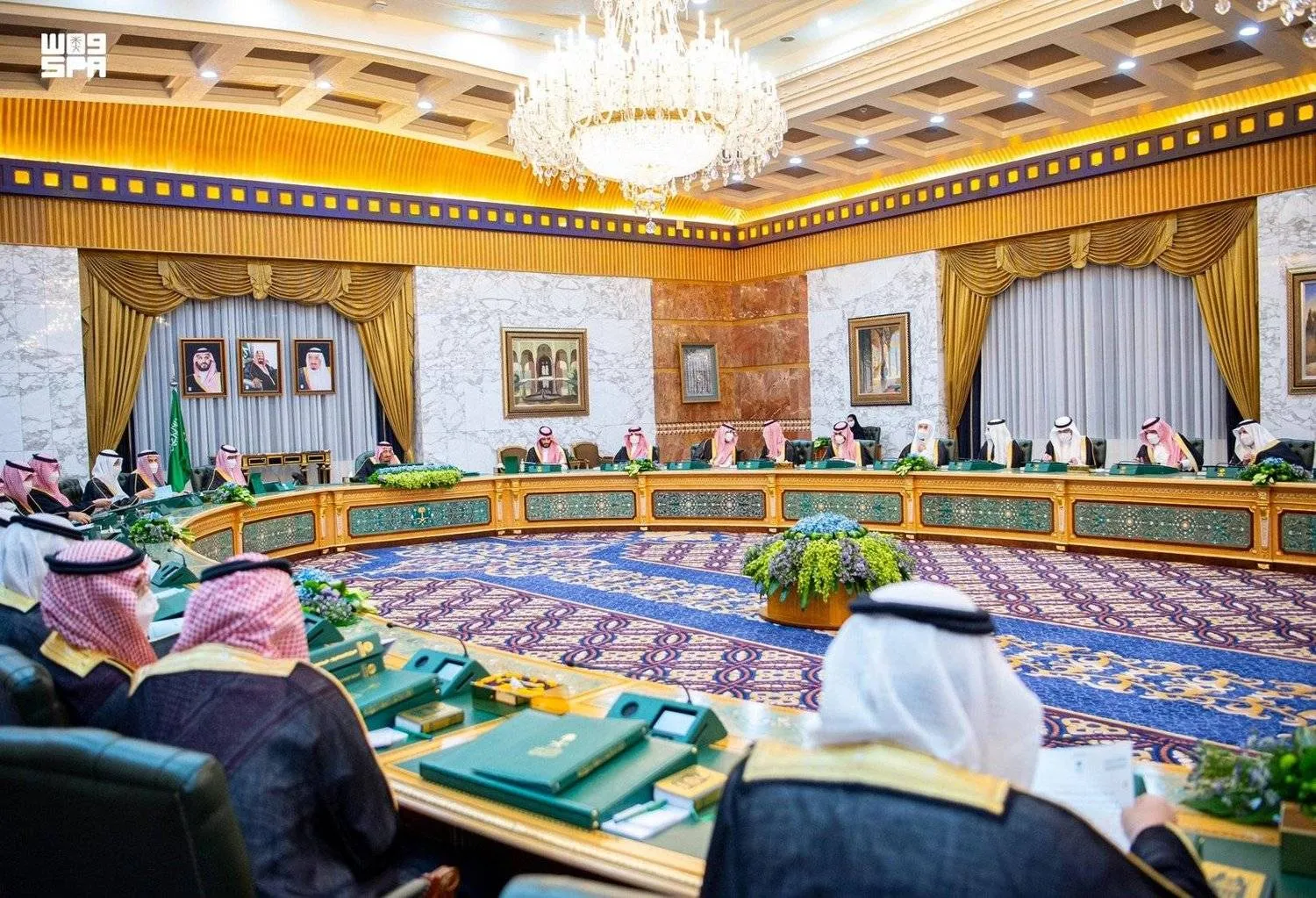The Saudi government, in a meeting chaired by King Salman bin Abdulaziz on Wednesday, approved the Kingdom’s 2024 budget.
While next year’s revenues are estimated at SAR 1.172 trillion, total expenditure is projected at SAR1.251 trillion, resulting in a limited deficit of SAR79 billion.
After the budget’s approval, Crown Prince Mohammed bin Salman highlighted the achievements of the Kingdom since the launch of its national transformation plan “Vision 2030.”
He commended the government’s ongoing structural reforms in both the financial and economic realms, aiming to sustain economic growth in light of the substantial developmental opportunities and resources available to the Kingdom within the framework of Vision 2030.
This strategic vision, guided by the directives of King Salman, has notably contributed to the clear and significant increase in the non-oil sector’s contribution to Saudi Arabia’s Gross Domestic Product (GDP).
The Crown Prince emphasized the government's commitment, as reflected in the fiscal year 2024 budget, to stimulate economic growth through an expansion of government spending.
He clarified that the budget figures serve as a supportive framework for numerous programs and initiatives, encompassing investments to enhance infrastructure, improve the quality of services provided to citizens, residents, and visitors.
Additionally, the budget allocates resources for the development of promising economic sectors, fostering investment attraction, stimulating industries, increasing local content, and boosting non-oil Saudi exports.
He commended the pivotal role played by both the Public Investment Fund (PIF) and the National Development Fund (NDF).
The Crown Prince also affirmed the ongoing efforts to enhance the Kingdom’s public financial performance by increasing financial capacity and building government reserves.
This approach aims to strengthen the Kingdom’s economic resilience, maintain sustainable levels of public debt, and empower the nation to confront any future developments or crises.
Furthermore, he stressed that the increase in spending is primarily driven by the government’s commitment to continually improve the level of public services.
The implementation of various projects and the expansion of spending on sectoral and regional development strategies aim to bring about positive structural changes, expanding and diversifying the economic base.
The Crown Prince also emphasized the development of partnerships with the private sector, aiming to empower and incentivize it to play a role in achieving economic diversification.
This strategic approach seeks to enable the labor market to absorb more Saudi workers, create job opportunities, and reduce unemployment rates among Saudis.
The total number of Saudis in the workforce has risen to 2.3 million this year.
Additionally, there is a focus on improving the investment environment to make it attractive, thereby increasing both local and foreign investment, fostering non-oil exports, and enhancing the non-oil trade balance.
The Crown Prince further elaborated on the ongoing journey towards economic diversification by supporting promising sectors.
The Kingdom aims to increase tourism targets to 150 million visitors, both domestic and international, by 2030. Efforts also include building a vibrant sports sector.
The commitment to developing the industrial sector, a vital component of the Saudi economy, was emphasized as well.
This involves diversifying the industrial base and value chains. The goal is to triple the industrial GDP to SAR 895 billion by 2030, making a significant contribution to the development of non-oil exports.
The PIF, as a key investment arm, complements government efforts to diversify the economy, along with the pivotal role played by the NDF and its affiliated funds in providing easy financing for the private sector.
Addressing the Kingdom’s regional and international role, the Crown Prince affirmed its commitment to global security and stability, recognizing them as essential factors for development and prosperity.
The Kingdom is dedicated to enhancing supply and value chains to serve the economic development of all countries globally.
The Crown Prince reaffirmed the Kingdom’s determination to continue enhancing its economic attractiveness for both local and foreign investments in the coming year.









